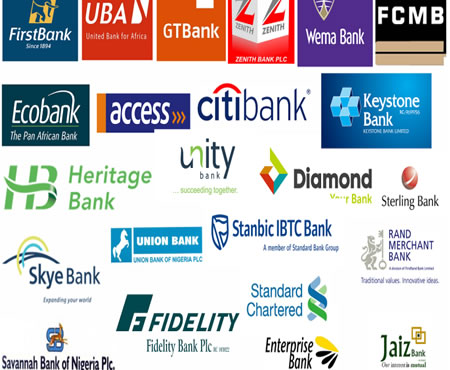Nigerian banks and other quoted companies may be facing a lot of challenges due incidences of delay in debiting and crediting accounts in a transaction (payments “hanging in the air”), as the International Accounting Standards Board (IASB) reviews the International Financial Reporting Standards 9 (IFRS 9).
In March 2023, the IASB (International Accounting Standards Board) published an exposure draft (ED) of proposed amendments to the IFRS 9 financial instruments, classification and measurement requirements and IFRS 7 financial instruments.
The ED proposes amendments to the requirements to derecognise financial liabilities using an electronic payment system and to address the classification of financial assets with ESG features. Changes to the requirements for the classification of non-recourse loans and contractually linked instruments are also proposed.

Additional disclosures are proposed for financial instruments with contingent features and for equity instruments classified at fair value through other comprehensive income.
Analysts are worried that such transactions that remain uncompleted days after consummation will pose a challenge.
As witnessed in Nigeria in recent times, transfers can be made and for a month or two, value has not been received as banks are not able to resolve the issues in real time.
Commenting on the amendments, a Chartered Accountant and financial analyst, Idris Ayinde, said, “When I saw these amendments, Nigerian banks and companies came to mind particularly with the recent issues with payments “hanging in the air.”

“Auditors should be ready for a long fight with their clients once these amendments become effective. The approach proposed by the IASB in the ED comprises two elements.”
He said that for the date of initial recognition or de-recognition of a financial asset or financial liability, an entity should apply settlement date accounting.
He said, “This means the financial asset or financial liability is not de-recognised until the cash has arrived in the recipient’s bank account and is available for their use.
“For a financial liability settled in full, or in part, using an electronic payment system, an entity is permitted to make an accounting policy election to de-recognise the liability before settlement date, if certain conditions are met.
“The entity has no ability to withdraw, stop or cancel the payment instruction; the entity has no practical ability to access the cash to be used for settlement as a result of the payment instruction; the settlement risk associated with the electronic payment system is insignificant.”
Exposure Draft IASB/ED/2023/2 is published by the IASB for comments only. The body says comments need to be received by July 19, 2023 and should be submitted by email.
The IASB carried out a post-implementation review (PIR) of the classification and measurement requirements in IFRS 9 financial instruments and related requirements in IFRS 7.
After analysing the evidence gathered in the PIR, the IASB concluded that, in general, the requirements can be applied consistently and that in doing so an entity provides useful information to users of its financial statements.
However, the IASB also concluded that, in relation to some matters, the requirements should be clarified to improve their understandability.
The matters the IASB identified as requiring action as soon as possible were: accounting for the settlement of a financial asset or a financial liability using an electronic payment system.
According to a statement from the board, respondents commenting on the committee’s tentative agenda decision were concerned about the potential outcomes of finalising the agenda decision, especially in the context of the settlement of financial liabilities; applying the requirements for assessing contractual cash flow characteristics to financial assets with features linked to environmental, social and governance (ESG) concerns.
PIR participants said that because the global market for these financial assets is growing rapidly, clarification is required to avoid diversity in practice becoming established.
“Although these matters when considered individually were not of a high enough priority to justify immediate action, the IASB decided that it would be more efficient to issue a single exposure draft covering proposed amendments to the classification and measurement requirements in IFRS 9.
According to Ayinde, there are two implications or actions for these entities. Entities that adjust their balance sheet at the reporting period end for cash that is in-transit, should prepare to cease this practice.
Example, a cheque written to settle a financial liability but not cleared at the reporting date is usually deducted from the cash balance and the corresponding liability is derecognised.
“Whilst the clarification that will drive this change is still only proposed in an ED, there is a very low likelihood of it not becoming an IFRS requirement, so entities should plan accordingly.
“Entities should review the electronic payment systems they use to understand whether they would apply the proposed accounting policy election and identify when in the payment process the conditions for derecognition would be met,” Ayinde advised through his Twitter handle.
This may require significant work, especially for entities that operate in multiple jurisdictions and with significant cross-border payments, he added.
READ ALSO FROM NIGERIAN TRIBUNE







